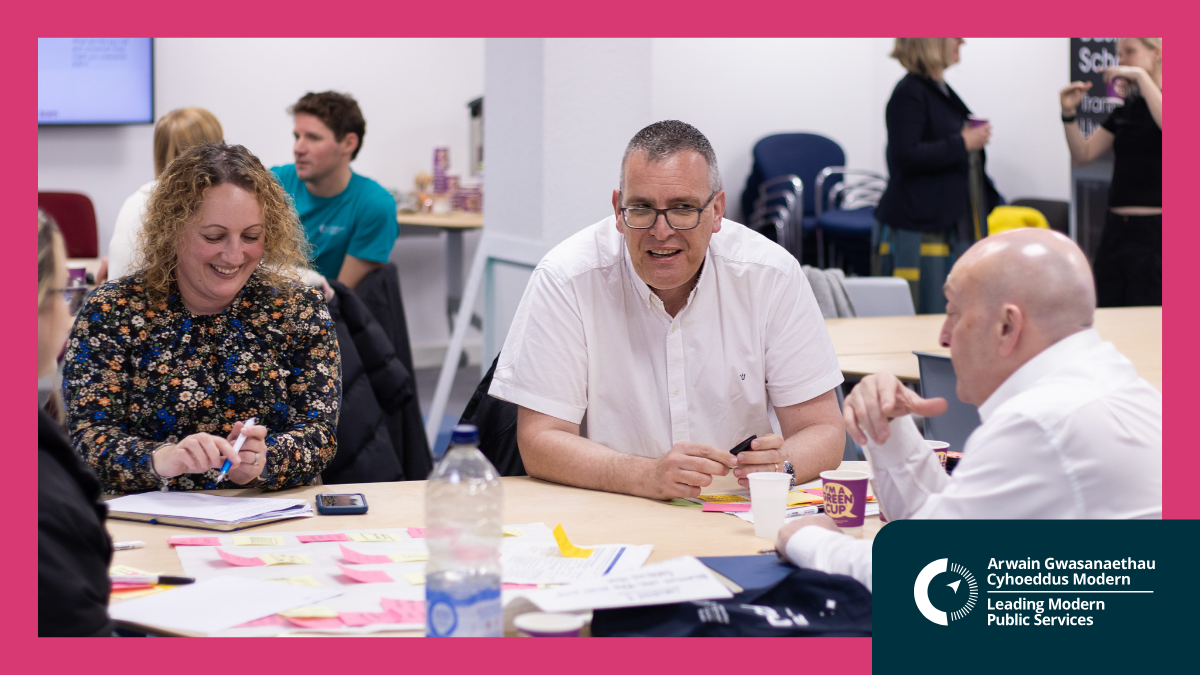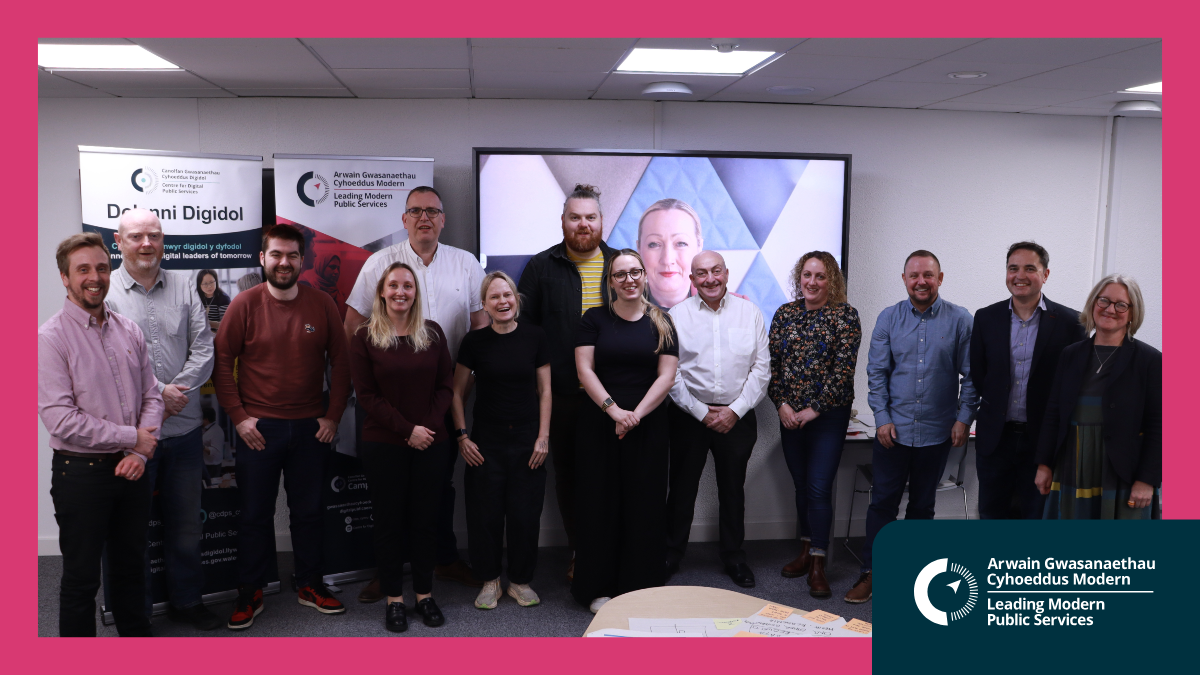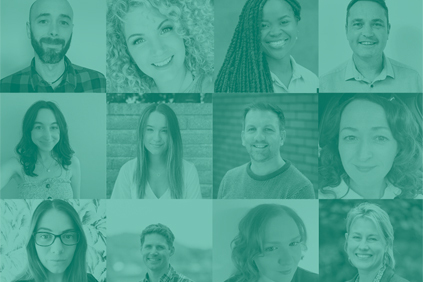In my previous blog I discussed the exciting launch of the Leading Modern Public Services programme in Wales, run by CDPS in partnership with TPXimpact.
Since sharing details of our first two days, we’ve run day three of the programme remotely, with a focus on digital, culture, people and the underlying conditions needed to successfully deliver digital transformation. Our virtual sessions included great talks from Joanna Goodwin, Head of User Centred Design and Delivery, and Interaction Designer Liam Collins.
We’ve now rapidly reached the end of the first cohort, and in November we came together for the group's final days of training at the University of Wales Trinity Saint David in Swansea.
Designed to equip public service leaders with the skills and mindset to implement digital transformation, our cohort have sparked innovation and formed connections across the Welsh public sector. From reconnecting over shared experiences to tackling real world challenges through hands-on design sprints, these final days were a celebration of the power of active learning and collaboration.
Day 4
A morning of inspiration
The final two days began with an energising welcome and a reconnection activity to help everyone settle in and say hello to each other again, helping to set the tone for the day.
The spotlight then shifted to the Digital Service Standard for Wales, a cornerstone of the programme.
Participants were joined by the fantastic Heledd Morgan, Director of Implementation and Impact from The Office of the Future Generations Commissioner for Wales. They dove into Standard 1 - ‘Focus on the current and future wellbeing of people in Wales’. This involved exploring how designing services with a focus on current and future wellbeing aligns with Wales’ commitment to sustainability and the Well-being of Future Generations Act. The session emphasised the importance of creating services that respond to the needs of people today while safeguarding the wellbeing of future generations.
Jeremy Evas, Head of Prosiect 2050 at Llywodraeth Cymru / Welsh Government then joined the cohort. Jeremy led a discussion on Standard 2, - ‘Design services in Welsh and English’, highlighting the importance of designing services bilingually from the start. The session itself was delivered in Welsh and English, flowing seamlessly between the two. Jeremy illustrated how linguistic inclusivity betters public services and connected the importance of bilingualism to the cohort’s ongoing work and challenges they had tackled earlier in the programme.

Design sprints: from insight to action
After a well-deserved break, the cohort began the design sprint—a hands-on session that encapsulated the programme’s ‘learning by doing’ ethos.
Starting with assumption mapping, participants revisited challenges identified on days one and two, grounding their work in user insights and reframing these challenges into actionable, ‘how might we’, statements.
The afternoon saw participants generating bold ideas using the ‘speedy sixes’ technique. Participants then used the ‘solutions canvas,’ to collaboratively explore features, functions, and systems needed to bring their ideas to life.
The energy in the room was electric as they began sketching storyboards and prototypes. These visual tools brought their ideas to life, helping the cohort articulate the user journey and the systemic changes required to implement their solutions effectively. It was inspiring to see leaders thinking outside the box and pushing the boundaries of what’s possible in Welsh public services.
Day 5
Graduation
The final day of the programme culminated in presentations, where participants shared their prototype solutions. Ideas ranged from innovative digital tools to enhance service delivery, to systemic shifts in how public services approach inclusivity and sustainability. Each presentation reflected not only the creativity of the cohort but also their commitment to user-centred solutions.
The feedback session was a celebration of diverse perspectives forming around shared problems. The room was full of enthusiasm and the ideas presented were innovative, tangible and actionable. The ideas ranged from collaboration spaces to data sharing and tackled the complexity that comes with these within the public sector space.

A network for the future
This programme wasn’t just about skills—it was also about building a network for leaders across Wales. The cohort’s reflections captured this beautifully:
“There’s so much great work happening across Wales in designing and implementing services. Being part of the programme has opened my eyes to this, and hearing about working examples has inspired me to think differently about my work.” - Participant, The ‘Leading modern public services’ programme, West Wales - 2024
By the end of the programme, these leaders aren’t just equipped to implement digital transformation—they have become champions of collaboration, innovation, and the Digital Service Standards. They are now part of a growing network, dedicated to creating public services that truly serve the people of Wales.
“Two months ago you met each other for the first time, we’ve only had 5 days together, and look at you now! This is how much you can achieve in a very short amount of time."
Throughout this first cohort, we’ve seen digital leaders in Wales come together to connect dots, share learnings from failures and wins, and see the sector as a whole, that can support each other to move forward and thrive.
The ‘Leading modern public services’ programme will be taking place in north, south and mid Wales in 2025. Find out more about the programme and how to apply.
